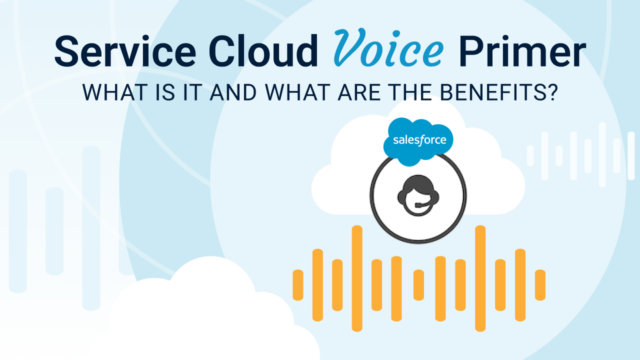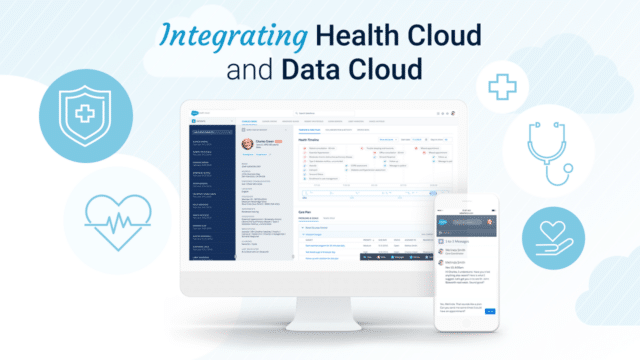With the summer fast approaching, organizations across North America are preparing for vacations and reduced capacity. Whether it is office policy to take Friday afternoons off or planned vacations, the summer months are always a time when many workplaces aren’t fully staffed.
When it comes to IT and Salesforce teams, these summer months can be more strenuous on resources. Performance and day to day health checks still need to be completed and systems need to be reviewed. With the same workload, but a reduced team in the summer, it is no wonder that the season can be associated with a higher risk of business-impacting critical events occurring within Salesforce.
How Is Your Organization Monitoring Salesforce?
When it comes to Salesforce security, reduced office hours, vacations, and holidays can lead to vulnerabilities. Which is why it is so important to have 24/7/365 Salesforce monitoring in place. Automated monitoring helps ensure that when something occurs, even during the nighttime hours and on weekends, the appropriate individuals are made aware and notified.
As we’ve mentioned in previous blog posts, (check out the Top 5 Things to Monitor in Salesforce), even small errors in Salesforce can significantly impact your bottom line. It only takes one password error to knock an integration like DocuSign offline, impacting your sales team’s ability to generate new business. A simple metadata change can generate errors for an entirely different department or office if it was tied to a workflow someone else relied upon. With countless changes possible, either accidentally or on purpose, it’s no wonder trying to stay atop of all those moving pieces can be complicated.
This is one of the main reasons we built CloudKettle SafeGuard. As a tool that runs 24 hours a day and 365 days a year, SafeGuard proactively monitors your Salesforce org for a dozen different incident types and immediately alerts your team when they occur. You can count on alerts when:
- Installed applications in Salesforce stop syncing
- New technology is installed in Salesforce
- There are changes in metadata
- Mass exports or deletions of data occur
- Spikes in 24-hour API calls
This proactive monitoring means that whether your team is busy working or playing, you will always have peace of mind knowing everything within Salesforce is running smoothly. If an issue is detected, your team will be notified promptly, giving you the option to resolve an issue immediately or have it recorded to be dealt with at a later time. Now, set that out of office and let us take care of the rest.
SafeGuard: Proactive Salesforce Monitoring
Interested in learning how CloudKettle SafeGuard can monitor your Salesforce org during the upcoming summer months? Click here to request a demo today.



